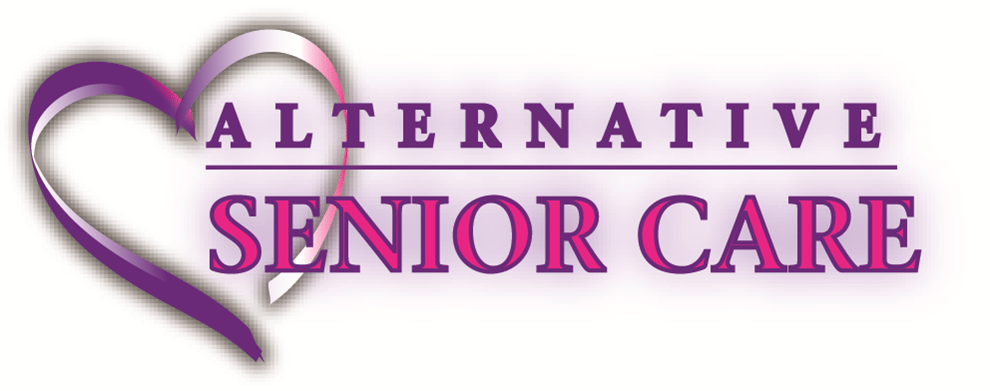Elderly Care and Urinary Tract Infections
A urinary tract infection (UTI) is broadly defined as an infection of the urinary system, which may involve the lower urinary tract or both the lower and upper urinary tracts.
The incidence of UTI is higher in women compared with men across all age groups, but urinary tract infections are very common in community-dwelling elderly persons which account for 25% of infections in this population.
It is extremely important that a urinary tract infection be recognized and treated as soon as possible to prevent progression to a systemic infection, which can lead to significant morbidity and mortality.
Unfortunately, the diagnosis of UTI can be difficult in elderly patients, including those at home receiving elderly care, as they may present with vague complaints or be unable to voice their unease. Due to other illnesses, medications, and side effects, symptoms can be even more difficult to pinpoint and can be atypical in some instances.
Many people understand and know to look for the typical symptoms of a urinary tract infection, which are burning pain and frequent urination, however UTIs may not cause these classic symptoms in older adults. Instead, seniors, especially those with dementia or Alzheimer’s, may experience behavioral symptoms such as confusion and agitation.
Non-Typical symptoms may include:

Elderly Care Long Prairie, MN: Elderly Care and Urinary Tract Infections:
• incontinence
• lethargy
• falls
• urinary retention
• decreased mobility
• decreased appetite
• hallucination
• restlessness
Talking to your parent’s doctor and caregivers about what you can do to take preventive measures and looking out specifically for both typical and non-typical UTI symptoms should help prevent infection. If your senior parent tends to get them somewhat regularly, be sure to let your caregivers know so that they can be on the lookout and be proactive as well. Making sure that your senior in elderly care is getting plenty of fluids can be key but check in with your parent’s health care provider if you are concerned.
Doctors are not sure why additional symptoms like confusion or delirium occur in older adults. One theory is that the blood vessels that supply the brain may be weaker which can allow the infection to pass to the nervous system.
If your senior’s doctor diagnoses a UTI early, their prognosis is good. Antibiotics can cure most UTIs. Without treatment, a UTI can cause complications such as kidney infections, which are serious and require intravenous antibiotics and hospitalization, or can lead to sepsis.
Sepsis is a life-threatening condition in which the infection spreads to the bloodstream and then throughout the body. Untreated sepsis can lead to septic shock. Severe infections may require hospitalization for intravenous antibiotics which can take weeks to resolve and put seniors at risk for other infections.
Get medical attention immediately if you suspect that you or a loved one has a UTI.
If you or an aging loved-one are considering Elderly Care in Long Prairie, MN please contact the caring staff at Alternative Senior Care today. Providing Home Care in Central Minnesota and Surrounding Communities. Call us Today (320) 352-3350.
Source:
https://www.patientcareonline.com/geriatrics/uncomplicated-utis-elderly-patients
https://www.ncbi.nlm.nih.gov/pmc/articles/PMC3878051/
https://www.healthline.com/health/uti-in-elderly#takeaway
https://www.medicalnewstoday.com/articles/322770.php
- Stroke Prevention and Warning Signs - April 17, 2024
- If You’re Starting to Plan Your Next Vacation, but Caring for an Aging Parent Is Complicating Things, Senior Home Care Is the Solution - April 3, 2024
- In-Home Care Essentials: What Families Need to Know for Compassionate Elderly Care - March 20, 2024

